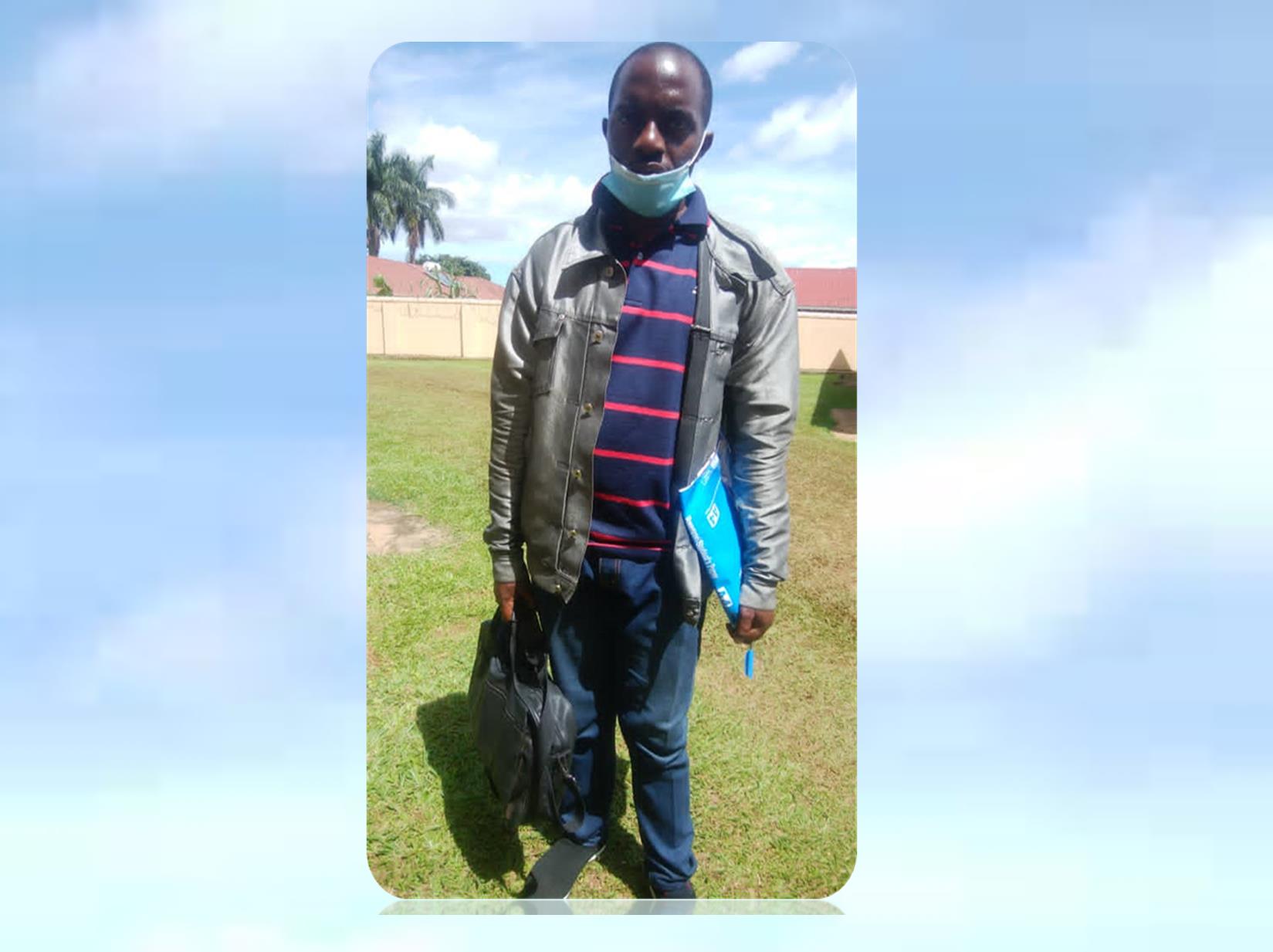Fiacre Nsenga
posted on May 19, 2021Uganda: COVID-19 affected the economy and the life of education practitioners; Several measures have been taken
Nkoowe St Elizabeth Senior Secondary School.
It’s almost a year since Uganda recorded its first case of COVID-19, March 21, 2020, five months after the first case was recorded in Wuhan, China. The disease’s quick spreading forced The World Health Organization (WHO) to categorize it as a pandemic, on March 11 2020.
In Uganda, like any other place, the pandemic affected every sector, while considerably affecting the economy and the daily lives of Ugandan people, especially education workers.
In a bid to fight the pandemic and its effects, countries opted for two things: health protection and reduce its transmission or normally continue internal activities on the risks of squeezing the anti-pandemic policies.
The Ugandan government chose the anti-transmission policies knowing they will press back the economy of the country especially its people. Some economical activities were put on hold, or on anti Covid-19 transmission policies regardless of economic losses. This decision affected the economy of the people, especially the education sector.
In an interview with Wazoplus.com, Ssentubiro Billy Alex, the executive director of “Leman Foundation '' a non-government organization that works on improving education and create opportunities for people in basic education, he said that teachers in private schools were the most affected.

Ssentubiro Billy Alex, the executive director of Leman Foundation organization.
Mr Ssentubiro told our reporter that there are more than 5000 in Kampala and Wakiso with more than 70,000 teachers. Private schools’ teachers are part of a big number of workers who are educated and skilled and work uninsured. Many of them are not contracted, no insurances and no access to loans. These teachers’ economy was affected by Covid-19 pandemic since they spent a whole year without a salary. He added that private schools' earnings are from only students' school fees.
Wazoplus.com talked also to Lilian Kato, the school director of Nkoowe Saint Elizabeth Senior Secondary School and said that her school had 872 students and 24 teachers excluding other out-of-education workers before the government decided to lock schools due to Covid-19. All of those employees’ salaries stopped as the school couldn’t afford to continue paying them. Madam Lilian also said that their school gets earnings from students’ school fees and when some students are late to pay, the school encounters economic complications. She also added that their school, like other private schools, should establish savings for disasters and accidents.
Mr. Ssentubiro of the Leman Foundation, said that private schools should think about other profitable projects that can be done in schools so as to stop only counting on school fees because it raises the cost of education. Mr. Ssentubiro said that many schools as well as Nkoowe Saint Elizabeth Secondary School have a vast land and other infrastructures like buildings and teachers or students that can contribute in profitable projects.
In order to tackle the economy crisis caused by Covid-19 especially on helping those highly affected teachers, the government of Uganda decided to form cooperatives of saving and loan (SACCOs) for teachers with 22 billion shillings in order to help them in developing themselves and tackle the effects of Covid-19 pandemic.
From 15th October 2020 after five months of schools lockdown, the Government of Uganda approved school reopening for Primary and secondary schools’ candidates and the rest classes opened in March and April 2021.
